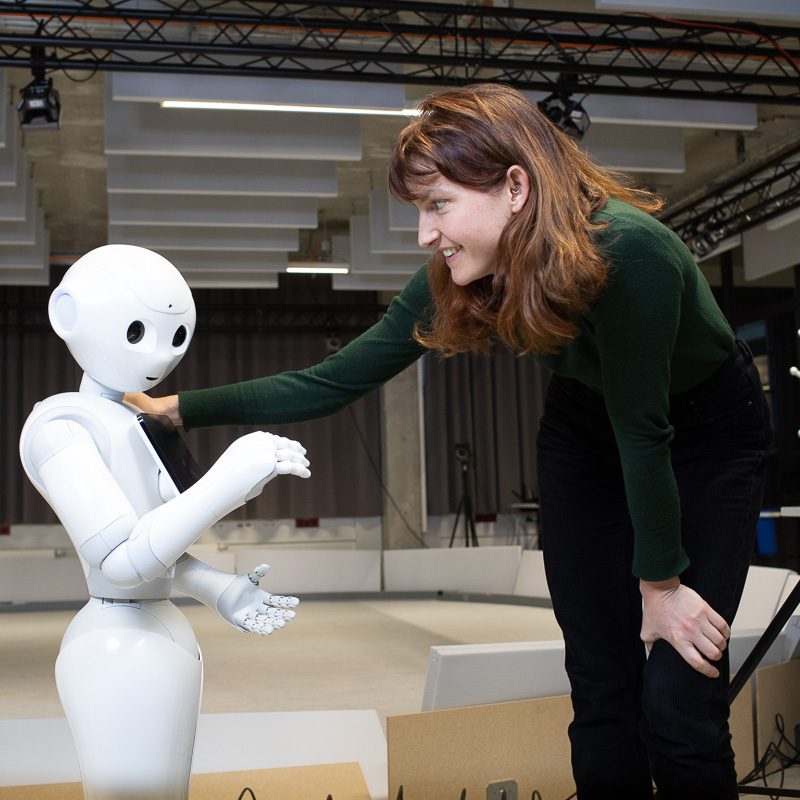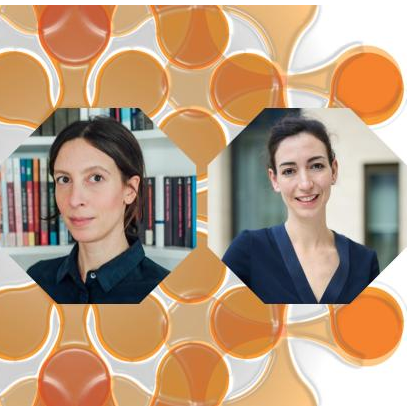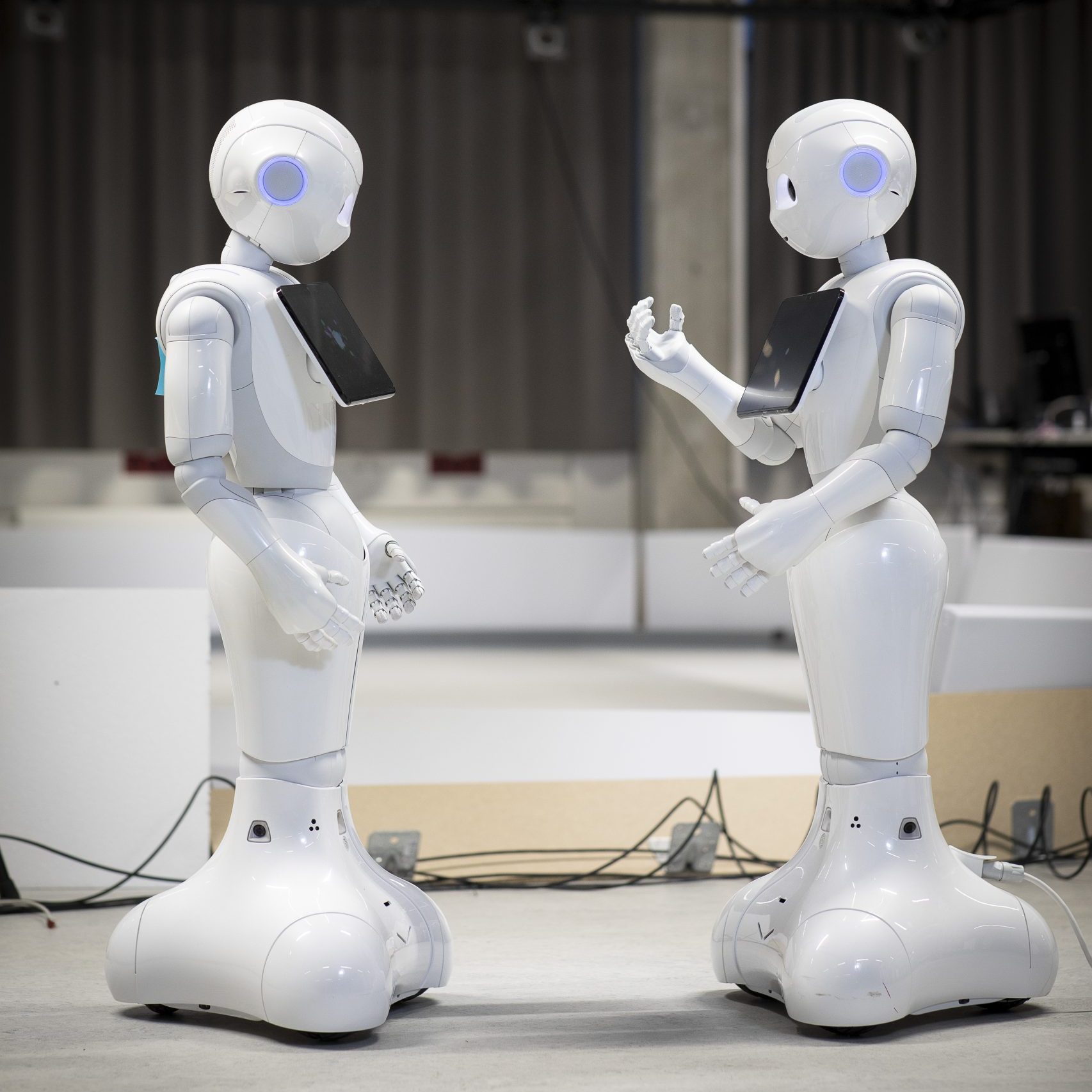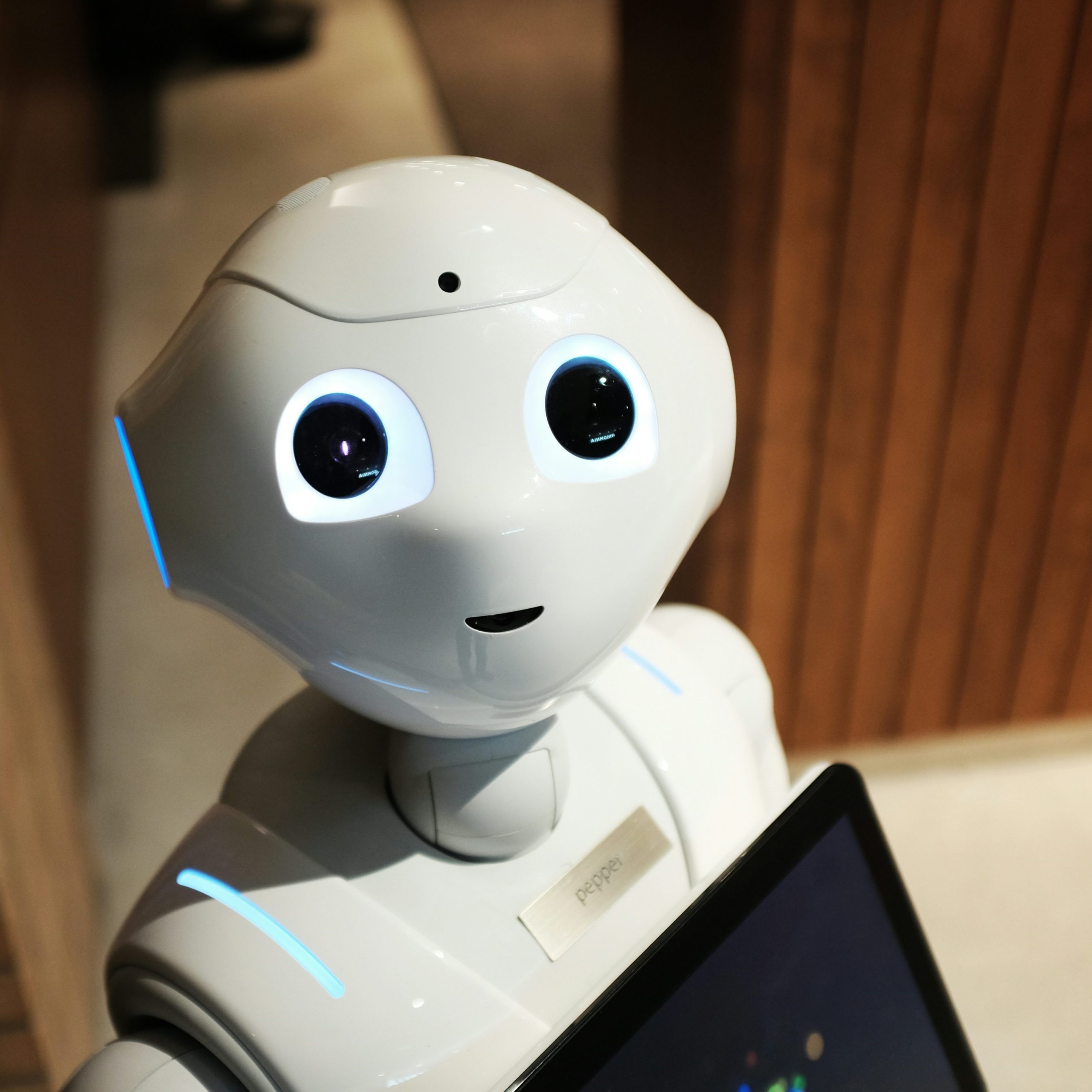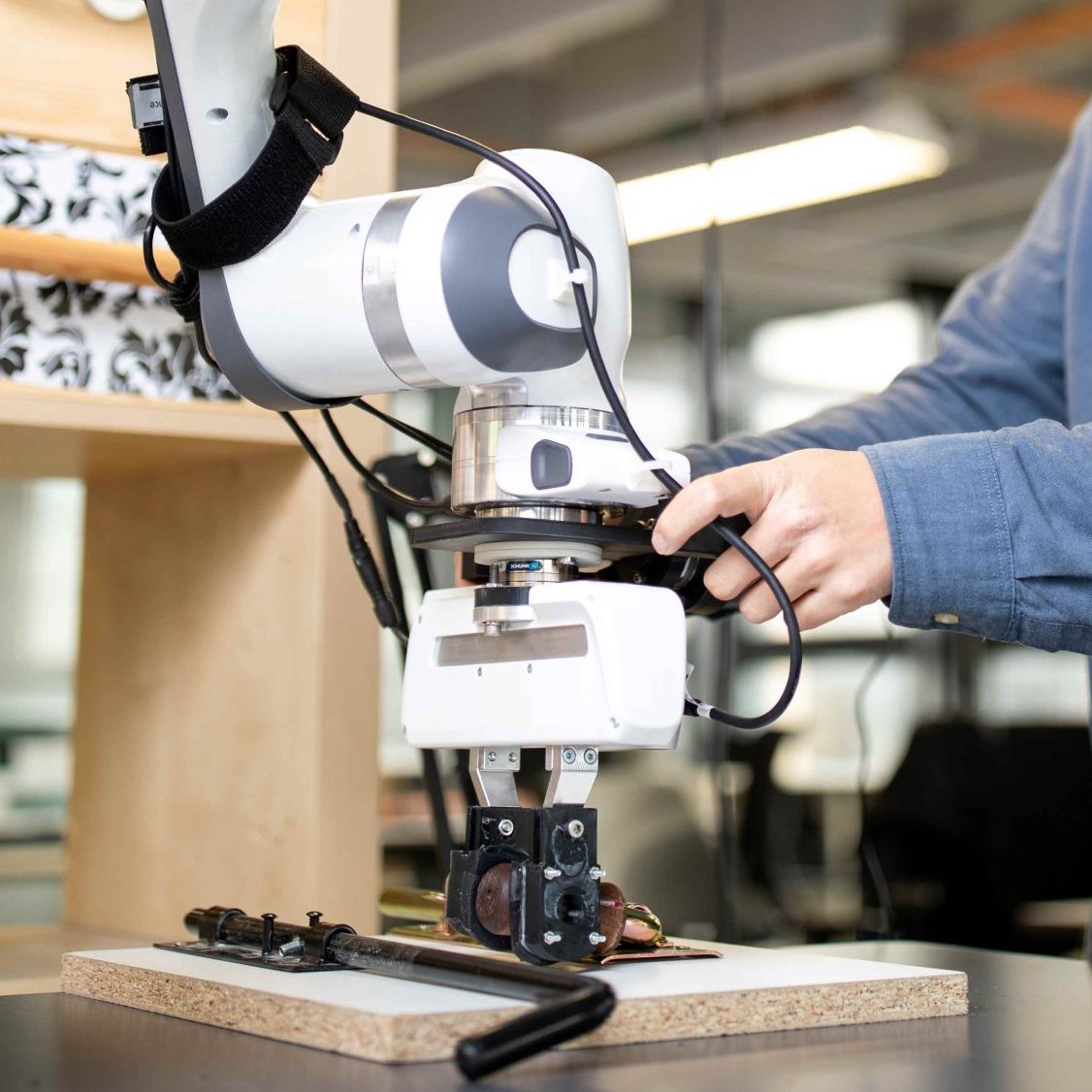Carlo Pinciroli (Worcester Polytechnic Institute), “Simulation platforms and sim2real gap”
SCIoI, Marchstraße 23, 10587 Berlin, Room 2.057Carlo Pinciroli is an Associate Professor and Graduate Coordinator of the Robotics Engineering department at Worcester Polytechnic Institute (WPI), where he leads the NEST (Novel Engineering for Swarm Technologies) Lab. With additional appointments in WPI’s Artificial Intelligence Program, Computer Science, and Fire Protection Engineering, his research centers on swarm robotics. He is the creator of


